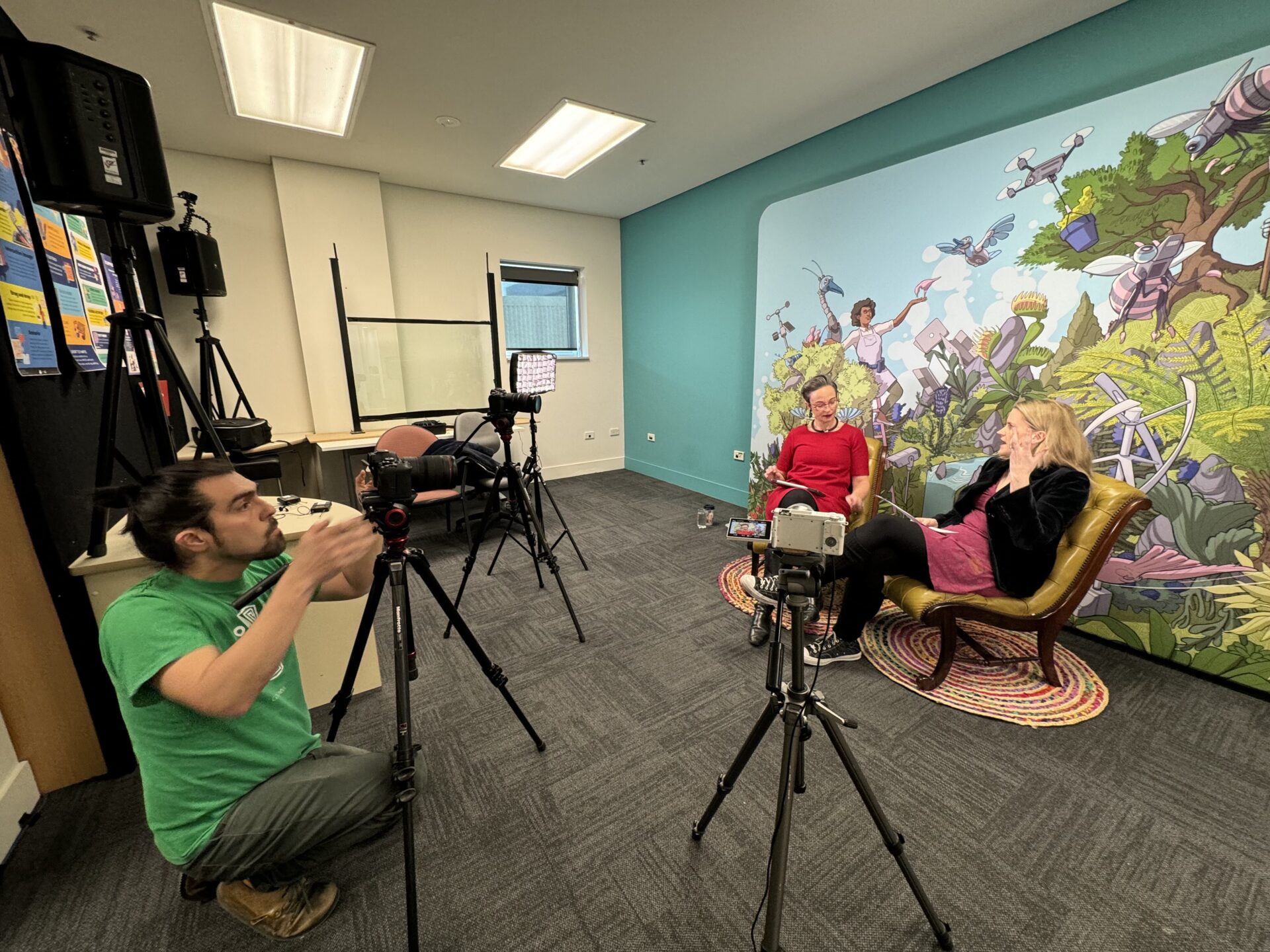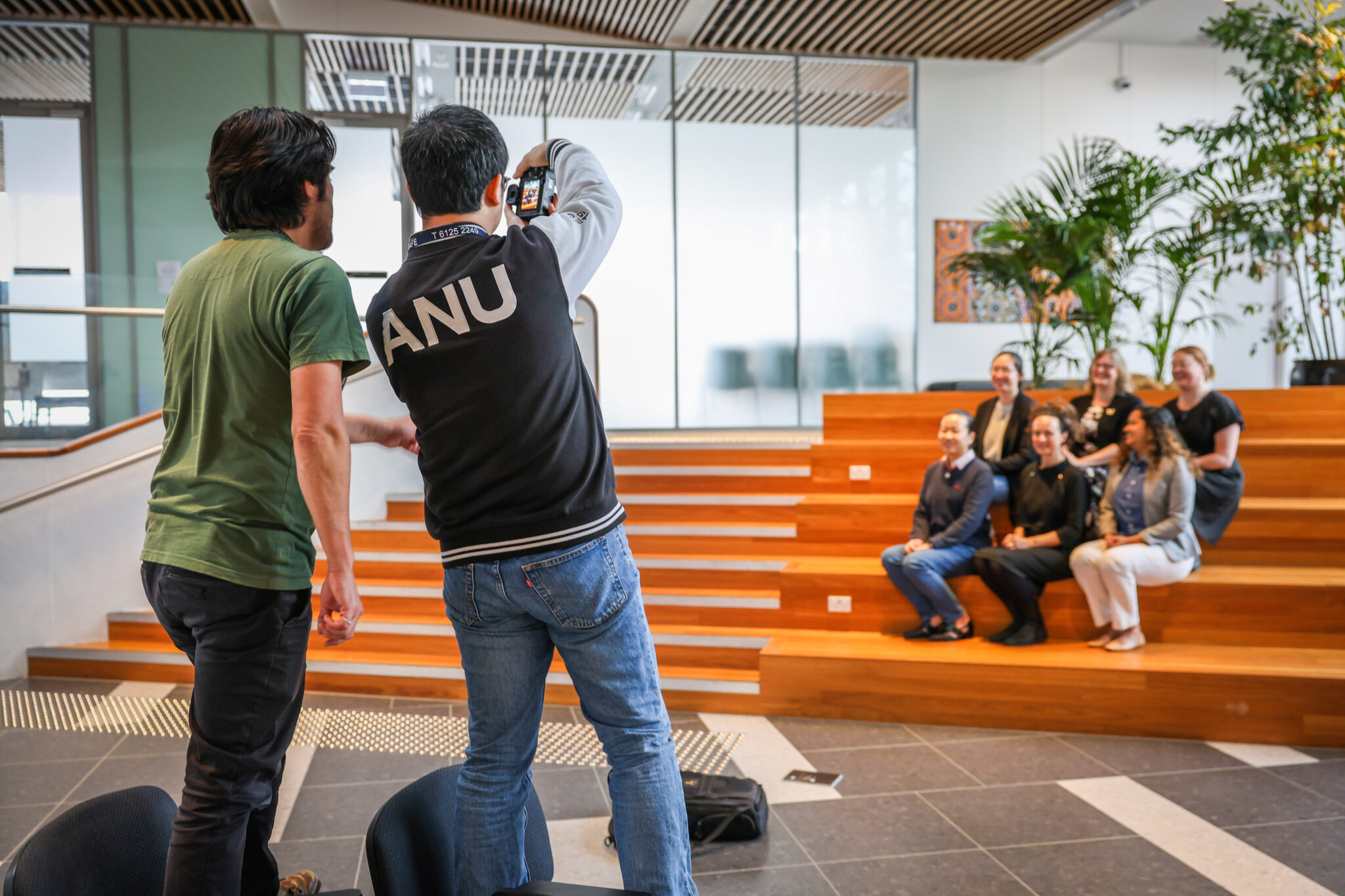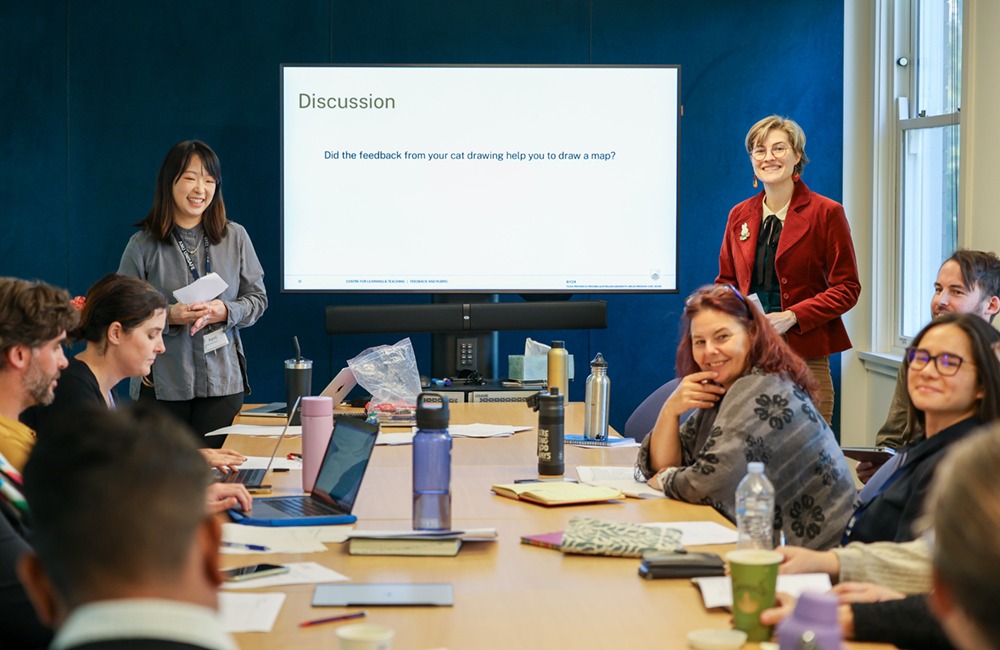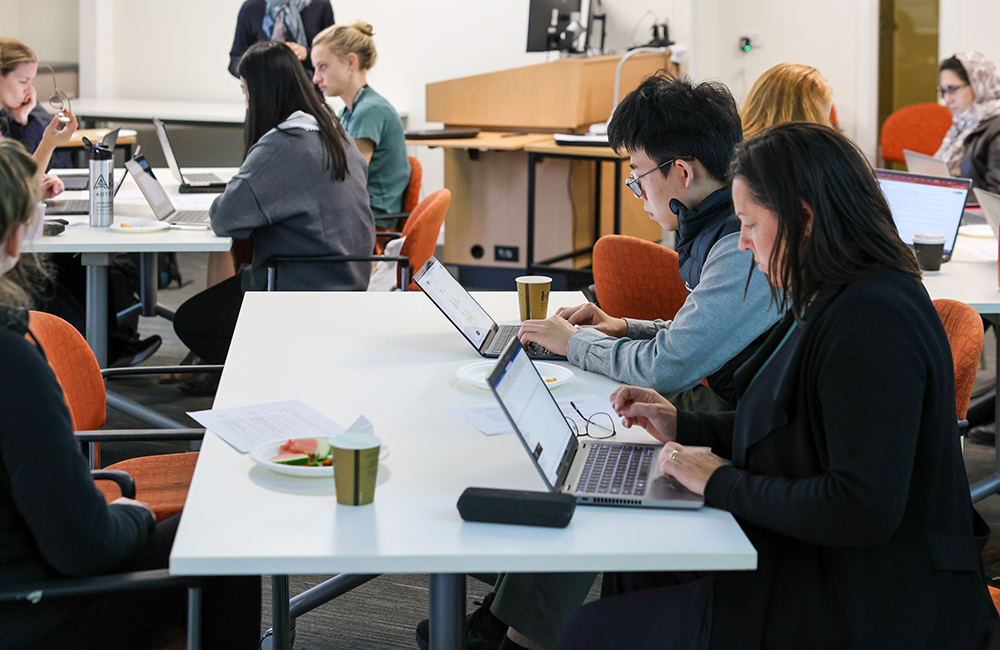This article began as a request for my opinion on whether ‘discussions’ should be included in Echo360. To be honest, I didn’t feel all that qualified to offer an opinion, but on my road to deeper understanding I discovered, through an Echo360 in-house promotional video, that a discussion thread can now be embedded into a video recording.
At critical points in a video or lecture recording conveners can decide to engage students in a topical asynchronous discussion thread. According to the ‘promo’ this new facility is appreciated by students and teachers alike. Being oblivious to any technical issues, it makes good sense to add to the active learning platform an extra element of interactivity.
Included in the Echo360’s content is a diversionary link leading off to a recording of a Webinar session titled: Echo360’s 2019 Research Grants that aired in October 2020. The hour-long session is split into two presentations covering firstly Automated Script Recognition (ASR) and secondly Insights into Implementing Media-based Assessments in Arts, Humanities and Social Sciences.
Professor Mike Kent from Curtin University, draws from his team’s paper ‘Automatic Closed Captions and Immersive Learning in Higher Education’, beginning with a background on captioning that outlines recent advancements that have been building since first steps were taken in the early 1960s. He notes that current levels of ASR efficiency and accuracy have some way to go, and increasingly offer comprehensive benefits through improved user engagement and better student experiences.
Professor Kent extolls the advantages of ASR regarding Universal Design for Learning (UDL) and Immersive Learning. He draws out links to cognitive theories of multimedia learning recognising differences in how people channel information, manage cognitive loads and actively process information to make their learning meaningful and memorable.
Lectures with captions enable dual channel processing of the spoken lecture (verbal) and the written captions (visual).
The second presentation by Michael Rampe of Macquarie University, is also topical in the context of summative forms of e-Assessment in the humanities. Coming off the back of a Deloitte report on The Value of Humanities to students thinking about their education and career options and to businesses faced with hiring choices, the report findings led to an Echo360 Research Grant posing the question of how to create final assessment tasks that authentically replicate the workplace and feed into successful employment outcomes.
Built on the back of 11 case studies involving the application of non-traditional, media-based forms of assessment, the findings suggest potential pedagogic benefits associated with improved performance in the dimensions of knowledge and cognition. Similarly, a diversity of media-based assessment experiences contribute to students developing and demonstrating a more expansive range of communication skills, including non-verbal and multi-modal.
The innovative assessment pieces were designed to simulate authentic real-world tasks and consequently the learning outcomes better align with employer expectations, leading to ‘more competent, adaptive, well-rounded and competitive university graduates’.
Future Echo360 Grants
Jocasta Williams from Echo360’s Webinar Team, announced at the end of the session a possible continuation of the Research Grants in 2021. Jocasta stated:
“We do hope to offer an Echo360 research grant again next year and when we do, we will be putting a call out there for applicants. We don’t ask a massive amount in our applications, all we ask is that it shows some new innovative way of using Echo360 or test some research area that hasn’t been done before specifically around our product. We keep the terms very light and the restrictions are very hands off from our side, we just let our customers run with it. So fingers crossed, we’ll have that up and running. And we’ll share that out with you”.
Tim Grace is the Manager of the Education Communities and Environments (ECE) Team – one of the three teams within the ANU Centre for Learning & Teaching (CLT







